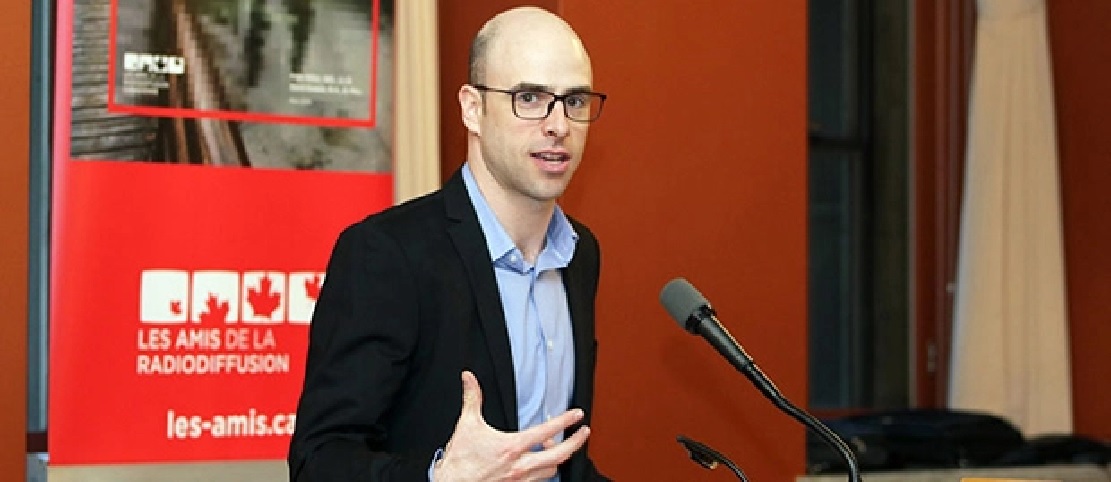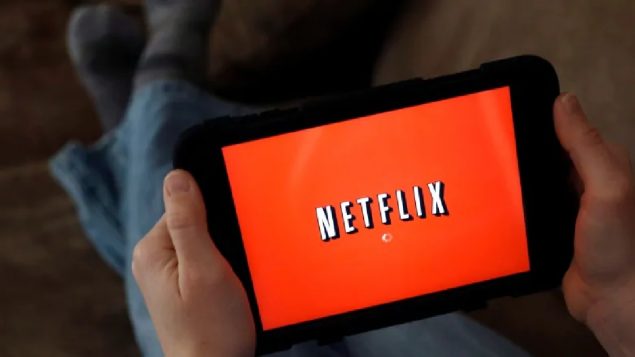The broadcast media in Canada have long complained that online multi-national streaming services have been unfairly operating in Canada and harming them. Domestic media says they have to comply with regulations and costs that are not applied to the streaming services available in Canada.
The Liberal government has this week proposed changes to the Broadcasting Act that seek to level the playing field.
The Broadcasting Act was last extensively modified in 1991, long before the rise of internet and streaming services when so-called ‘traditional media’ was the only media.
In the late 90’s the regulatory body, Canadian Radio, Television and Telecommunications Commission (CRTC) ruled that ‘new’ media delivery of audio-visual content was broadcasting, but then exempted online services from licensing and most regulation.
The new government proposal C-10 would change the Act to clarify that online services would become a new class and be regulated for transmission or retransmission of programmes, on-demand and whether encrypted or non-encrypted.

Minister of Canadian Heritage Steven Guilbeault speaks during a discussion at the Prime Time 2020 conference in Ottawa, Thursday January 30, 2020. Yesterday he tabled Bill C-10 which seeks to satisfy some of domestic broadcasters concerns that they have to comply with uperating under regulations and costs while foreign streaming services available in Canada do not ( THE CANADIAN PRESS/Adrian Wyld
The changes would also give the CRTC new authority over such services.
At an Ottawa press conference Tuesday, Heritage Minister Steven Guilbeault said, “A separate system for online broadcasters simply doesn’t work. This outdated regulatory framework is not only unfair for our Canadian businesses. It threatens Canadian jobs and it undermines our ability to tell our own Canadian story”.
One aspect of the proposal is that it would require such services as Netflix, Spotify, Prime, Crave, Disney and others to contribute to a fund to promote Canadian content, and artists and producers and Canadian stories, as is currently the case for ‘traditional’ Canadian broadcasters. The CRTC would also be able to ensure that consumers can easily find Canadian content.
YouTube music would also apparently come under new rules.
Estimates are this could add up to C$800-million to Canadian content over the next three years.
Guilbeault also mentioned further regulations to come in future would deal with other huge multinationals like Google, Facebook, Apple etc which have siphoned off great amounts of advertising revenue from broadcasters and other ‘traditional’ sources like print media.
While the new proposal seems promising, there are critics who say it really doesn’t change much.
The watchdog group Friends of Canadian Broadcasting however says in a media release that the changes are “woefully inadequate”. The group, a known defender of the public broadcaster also noted there was no mention of support for local CBC programming.
“The Liberal government appears to have surrendered to Big Tech without even a fight, at the direct expense of Canadian culture and journalism.” D Bernhard : Friends of Canadian Broadcasting
Using strong language, Friends executive-director Daniel Bernhard said in the press release “This bill is bad for Canadian media and for Canadian democracy, but it is great for Facebook, Google and Netflix. “It is clear that the Liberals have capitulated to these platforms and their lobbyists. These companies can continue to operate in Canada and make billions here tax free, and contribute precious little to Canadian culture and society.”

Daniel Bernhard of the media watchdog group Friends of Canadian Broadcasting, is highly critical of the new proposal saying it doesn’t go far enough and also seems to remove some Canadian protections in the existing Broadcasting Act ( Friends of Canadian Broadcasting).
They note certain important sections of the Act have been changed such as mandating “maximum or predominant use” of Canadian creative resources, instead to reading now, ” to the extent it is possible”.
It also removes conditions that the broadcasting system should be owned and controlled by Canadians. This could allow foreign companies to buy the already financially weakened “traditional” broadcasters.
The group also expresses concern that “ the bill appears to explicitly exempt companies like Facebook and YouTube from liability for illegal content they broadcast and recommend. Facebook and YouTube can continue to allow violent events, like the Christchurch massacre, to stream on their platforms without any consequence”.
Many of the details will have to be worked out after a period of consultation including for example how the CRTC defines Canadian programmes for the purpose of meeting regulatory obligations.
Another issue is that of foreign media providers to collect and remit sales tax on Canadian sales. Guilbeault says that issue is in the hands of Finance Minister Chrystia Freeland, although such an issue was hinted at in the September throne speech.
Additional information-sources
- Dentons ( JD Supra): Patterson/Song: Nov 3/20: Altering the broadcasting landscape-Canada’s broadcasting act to be amended
- Friends of Cdn Broadcasting: Nov 3/20: media release
- Canadian Press: (FP): T Deschamps: Nov 3/20: Ottawa proposes changes to Broadcasting Act that may raise $800 million from streamers like Netflix, Spotify
- Globe and Mail: Curry/Dickson: Nov 3/20: Broadcasting bill targets online streaming services
- CWA Canada: Mar 27/20: Private Canadian media outlets facing extinction, journalism advocate warns







For reasons beyond our control, and for an undetermined period of time, our comment section is now closed. However, our social networks remain open to your contributions.